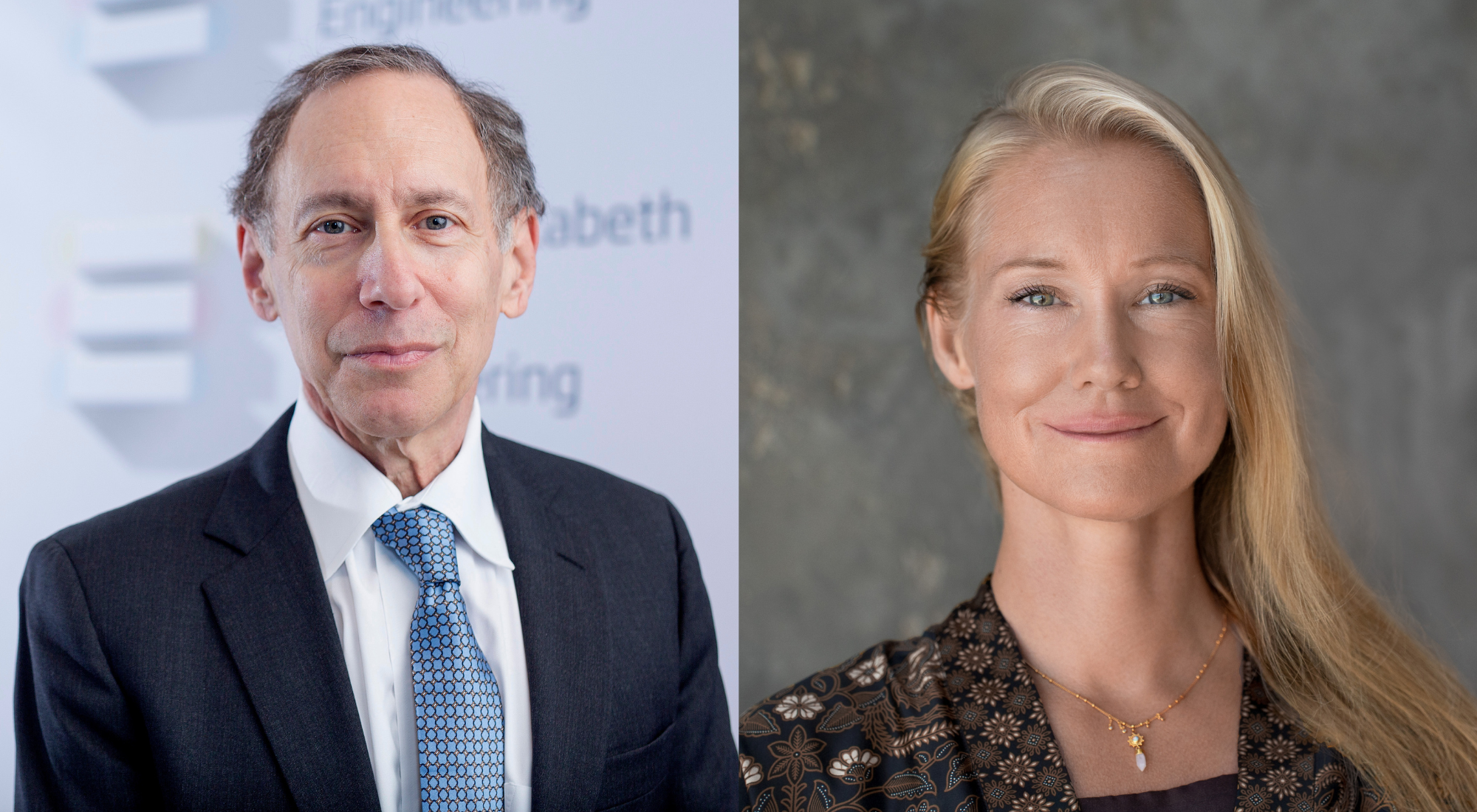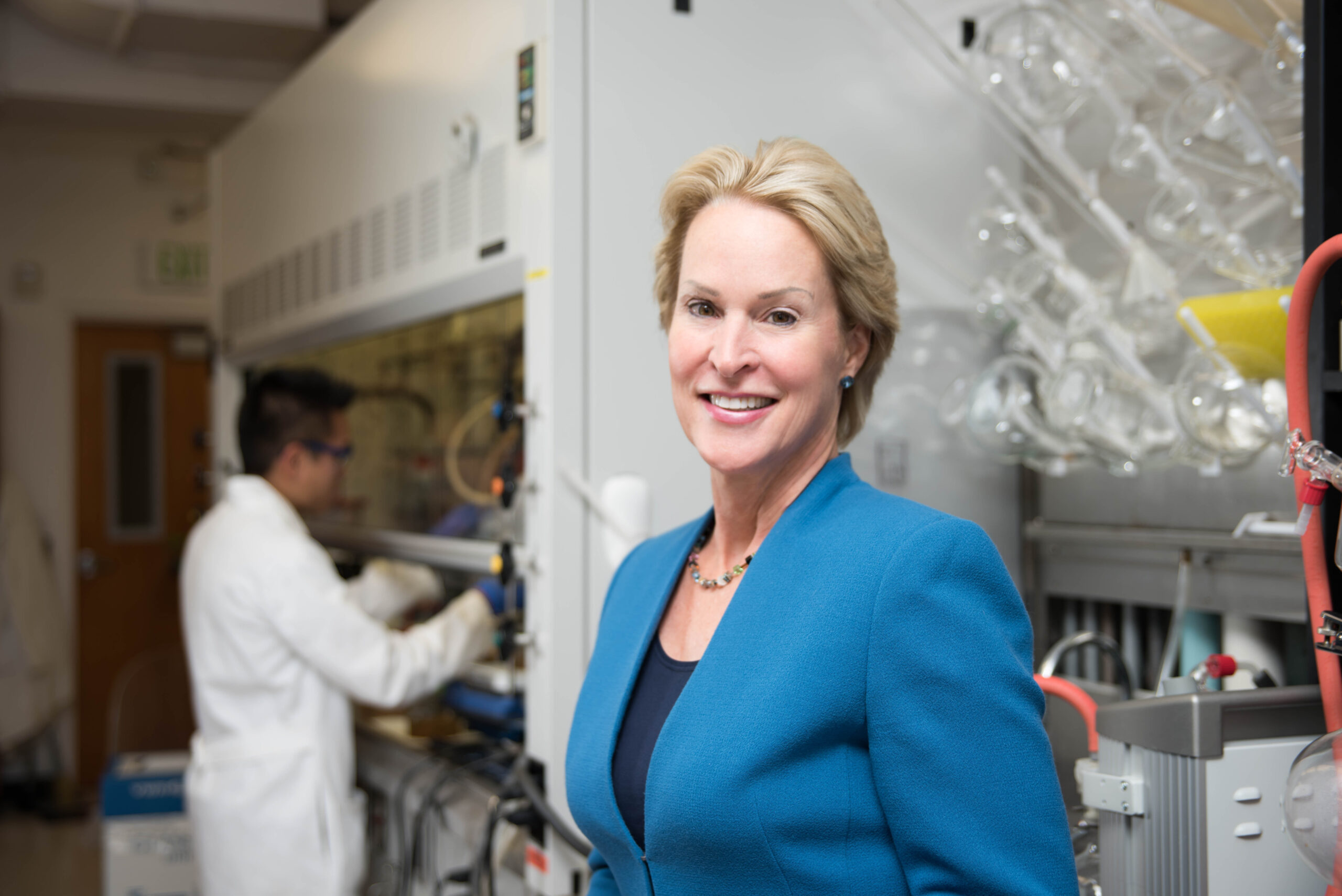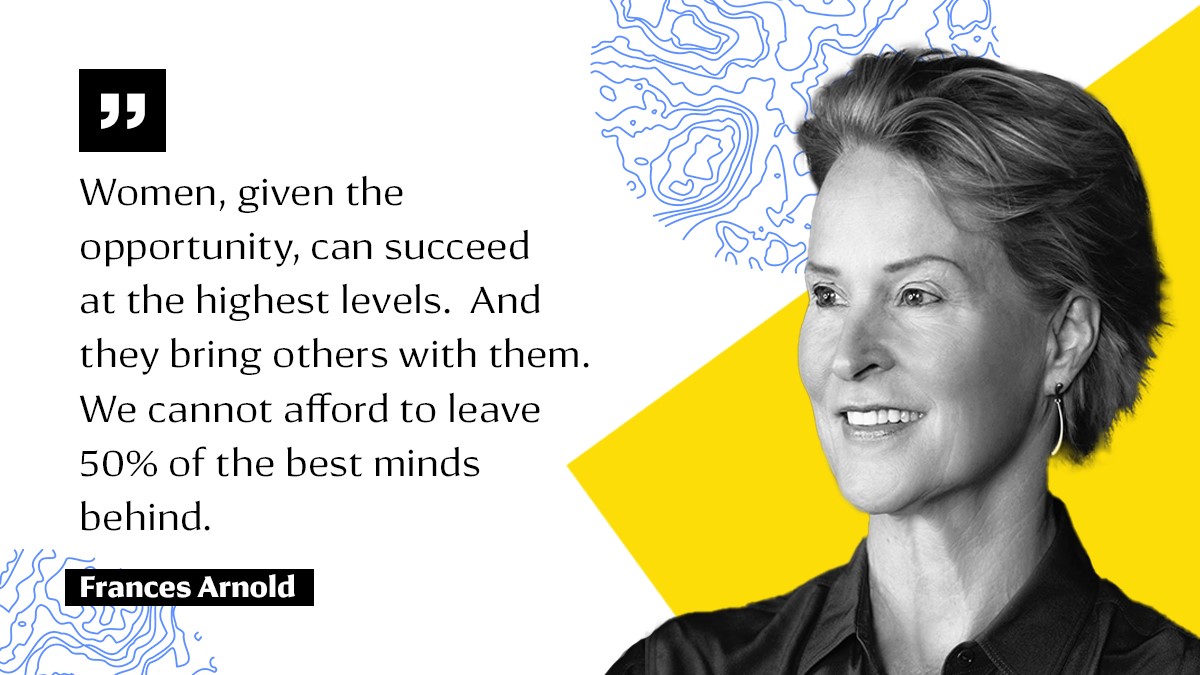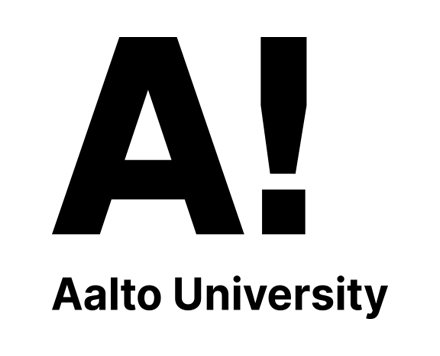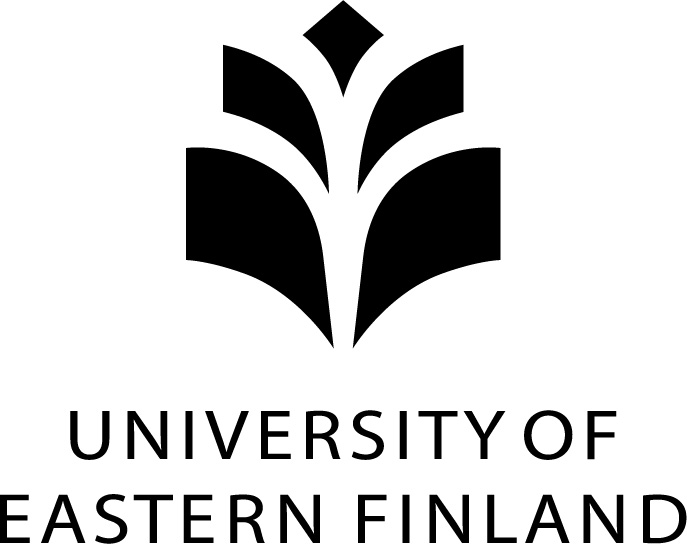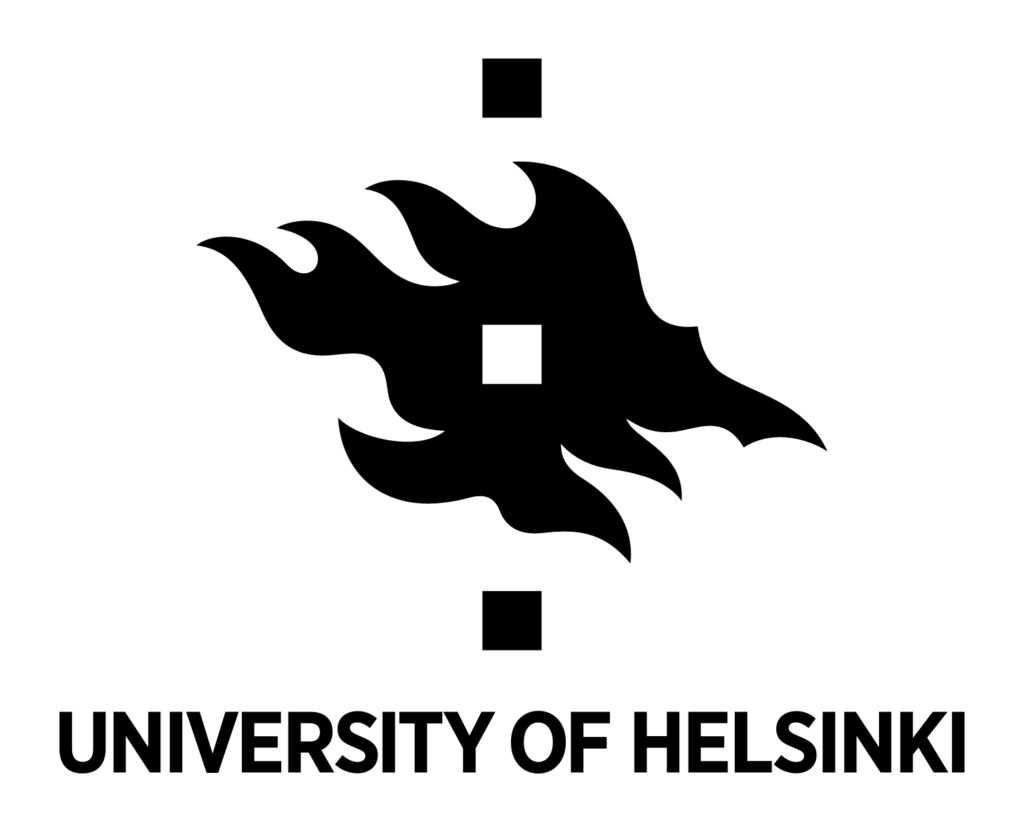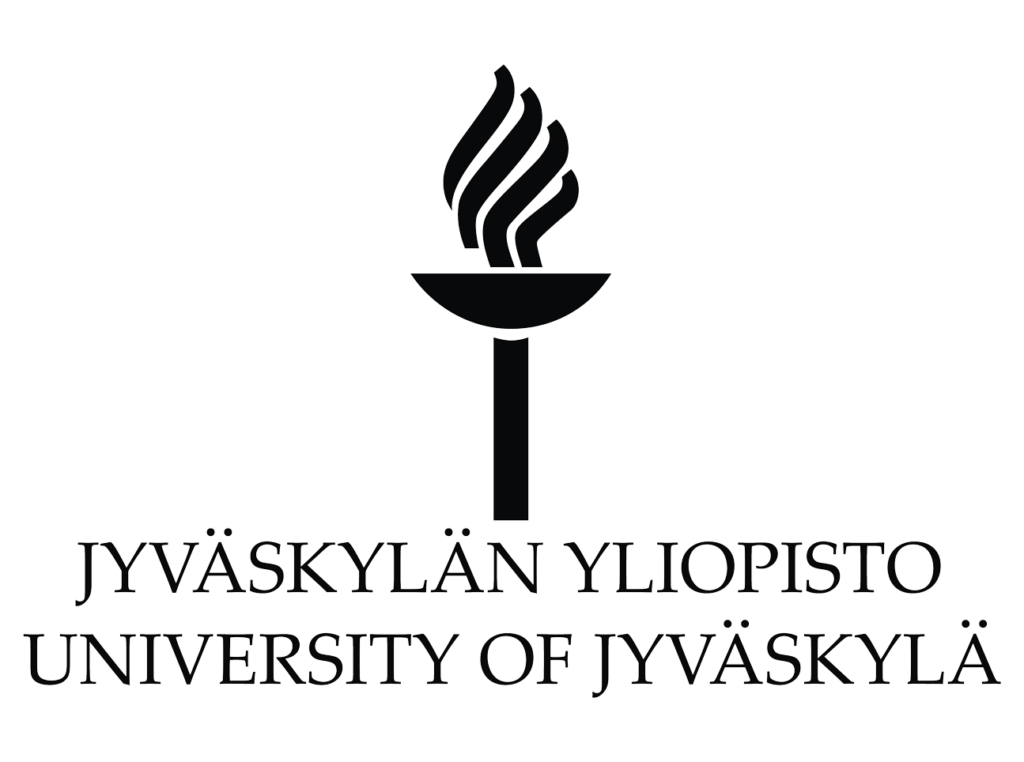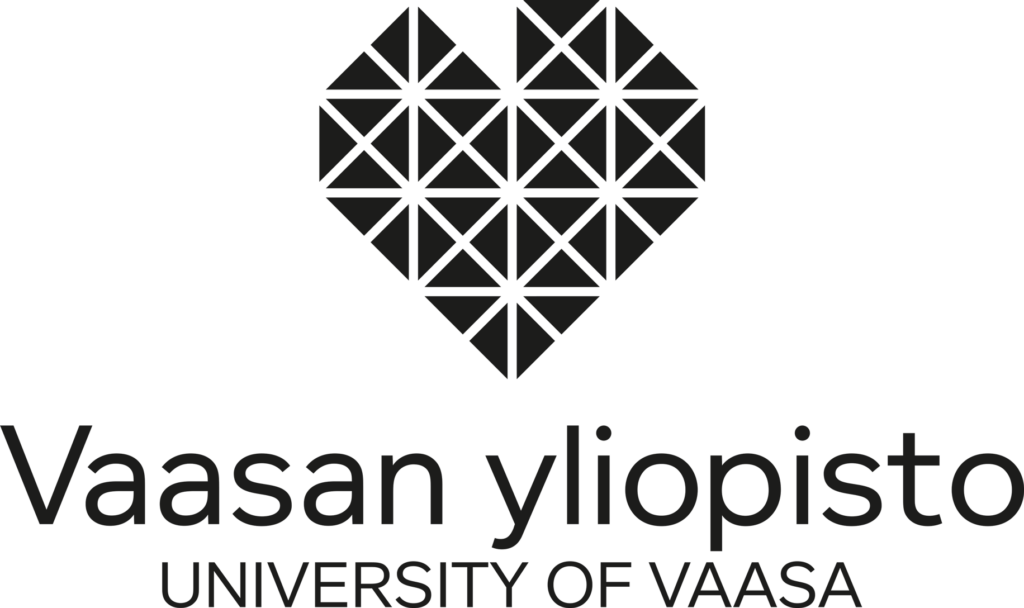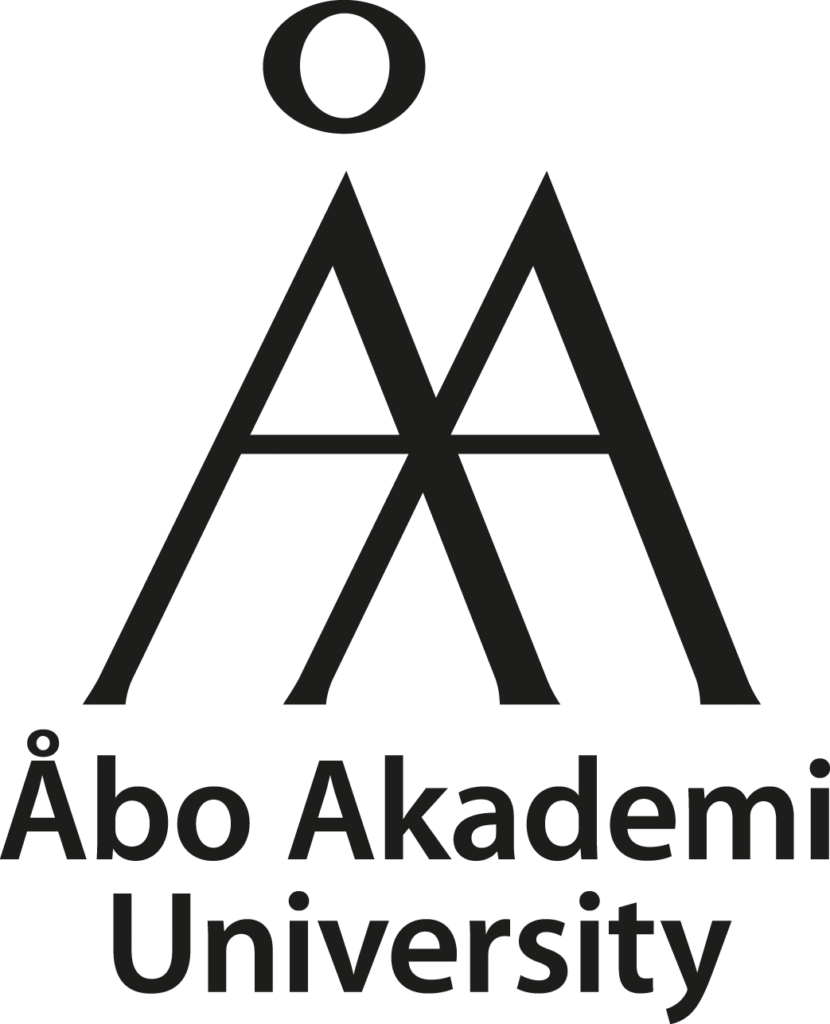Biochemical engineer Frances Arnold wins 2016 Millennium Technology Prize for ‘directed evolution’ revolution
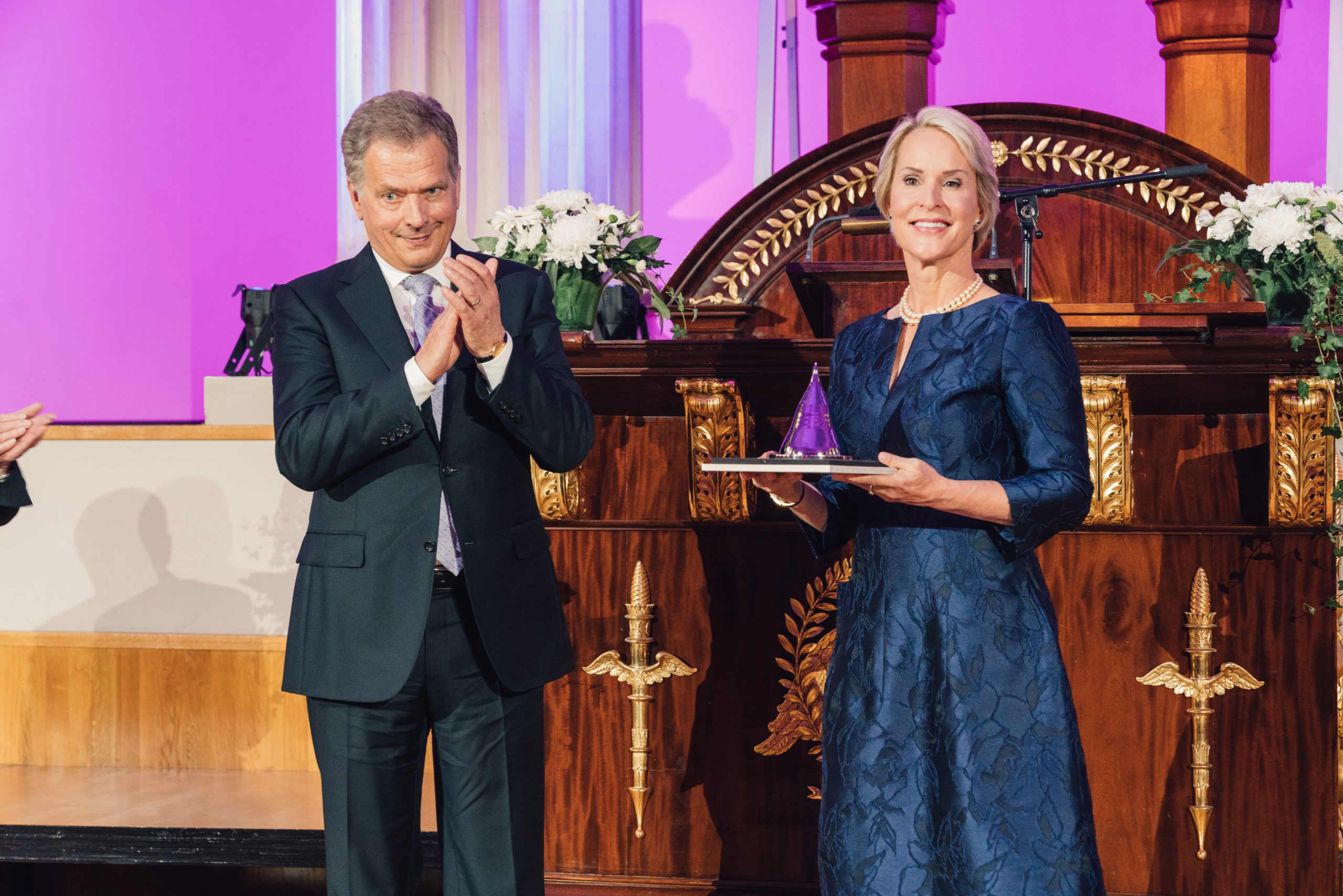
The prize, awarded at two-year intervals, is being awarded for the seventh time since the award was first conferred in 2004 and it is worth one million euros.
Biochemical engineer Frances Arnold receives the 2016 Millennium Technology Prize in recognition of her discoveries that launched the field of ‘directed evolution’, which mimics natural evolution to create new and better proteins in the laboratory. This technology uses the power of biology and evolution to solve many important problems, often replacing less efficient and sometimes harmful technologies. Thanks to directed evolution, sustainable development and clean technology become available in many areas of industry that no longer have to rely on non-renewable raw materials.
The Millennium Technology Prize is one of the world’s most prestigious science and technology prizes. Professor Arnold is the first woman to win the award, underscoring her status as a strong role model for women working in technology. The winner, who follows in the footsteps of past winners such as World Wide Web creator Sir Tim Berners-Lee, inventor of bright blue and white LEDs Shuji Nakamura and ethical stem cell pioneer Shinya Yamanaka, was honored at a ceremony in Helsinki, Finland.
Following in nature’s footsteps
With directed evolution it is possible to create proteins with useful properties that would not develop without human intervention. Frances Arnold’s method generates random mutations in the DNA – just as it happens in nature. The modified genes produce proteins with new properties, from which the researcher can choose the useful ones, repeating the process until the level of performance needed by industry is achieved.
“Directed evolution allows us to circumvent our inability to explain how mutations affect protein behavior, much less to predict beneficial ones. The most beautiful, complex, and functional objects on the planet have been made by evolution. We can now use evolution to make things that no human knows how to design. Evolution is the most powerful engineering method in the world, and we should make use of it to find new biological solutions to problems,” says Frances Arnold.
Arnold’s innovations have revolutionized the slow and costly process of protein modification, and today her methods are being used in hundreds of laboratories and companies around the world. Modified proteins are used to replace processes that are expensive or that utilize fossil raw materials in the production of fuels, paper products, pharmaceuticals, textiles and agricultural chemicals.
Green chemistry and revolutionary medicines
Arnold developed her technology in order to engineer enzymes – proteins whose function in nature is to speed up, or catalyse, the conversion of chemical compounds.
“Directed evolution can be used in industries that utilize biotechnology, because biochemical reactions are based on enzymes,” cites professor Jarl-Thure Eriksson, Chair of the International Selection Committee.
This new technology is being adopted in areas of green chemistry and renewable energy. Directed evolution is used to improve enzymes that convert cellulose or other plant sugars to biofuels and chemicals. The facilitation of a green chemical industry, based on renewable raw materials and biotechnology, has in fact been one of Arnold’s greatest goals.
“My entire career I have been concerned about the damage we are doing to the planet and each other. Science and technology can play a major role in mitigating our negative influences on the environment. Changing behaviour is even more important, however; I feel that is easier when there are good, economically viable alternatives to harmful habits,” says Arnold.
“Awarding Frances Arnold’s innovation is indeed very timely, as a number of countries, including Finland, are aiming at clean technology and green growth”, says professor Marja Makarow, the Chair of TAF.
Arnold’s innovation has been used widely also to create enzyme catalysts to manufacture pharmaceuticals. The method has already resulted in more efficient processes for making numerous medicines, including a treatment for type 2 diabetes.
Serving as a strong role model for women
Frances Arnold is Professor of Chemical Engineering, Bioengineering and Biochemistry at Caltech (California Institute of Technology). Arnold has from the start of her career been a pioneer in a previously male-dominated field. For instance, she was the first woman to be elected to all three US National Academies.
“I certainly hope that young women can see themselves in my position someday. I hope that my getting this prize will highlight the fact that yes, women can do this, they can do it well, and that they can make a contribution to the world and be recognized for it,” says Arnold.
Read more about Millennium Technology Prize winners
The Millennium Technology Prize is a Finnish prize awarded in recognition of innovators of technologies that promote sustainable development and a better quality of life. The Prize is one of the world’s largest and most prestigious science and technology prizes and it is presented every other year by the independent Technology Academy Finland (TAF). The winning innovation is selected by the Board of the academy at the recommendation of the International Selection Committee.

